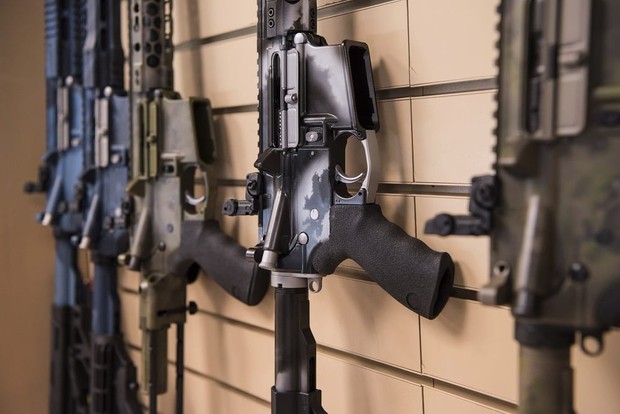
In this photo taken March 15, 2017, AR-15 style rifles made by Battle Rifle Co., a gunmaker in Webster, Texas, are on display in its retail shop. The gunmaker is one of more than 10,000 currently in the United States. President Donald Trump promised to revive manufacturing in the U.S., but one sector is poised to shrink under his watch: the gun industry. Fears of limits on guns led to a surge in demand during President Barack Obama’s tenure and manufacturers leapt to keep up. (AP Photo/Lisa Marie Pane)
On December 14, 2012, 20-year-old Adam Lanza walked into Sandy Hook Elementary School in Newton, Connecticut and opened fire. Before it was all over, Lanza had killed 20 children aged 6 and 7 and six adult staff. Lanza had killed his own mother before the shooting and committed suicide afterward. Perhaps more than any other school shooting, the Sandy Hook affair has been clouded in controversy. There have been claims that the shooting did not happen. There have been claims that Lanza was a pawn and part of a “false flag” operation conducted by the US government. The fact set allowed it to become the darling of the gun control set. When it was discovered that Lanza played “violent” video games there were calls for regulation. Obama demagogued the hell out of the issue, presenting and signing 23 gun related Executive Orders and recommending 12 laws for passage. And, of course, since Lanza used an M-4 knockoff, the Bushmaster XM-15, there was outrage because, as you know, the AR-15 is one of two types of lethal firearms recognizable to the media:
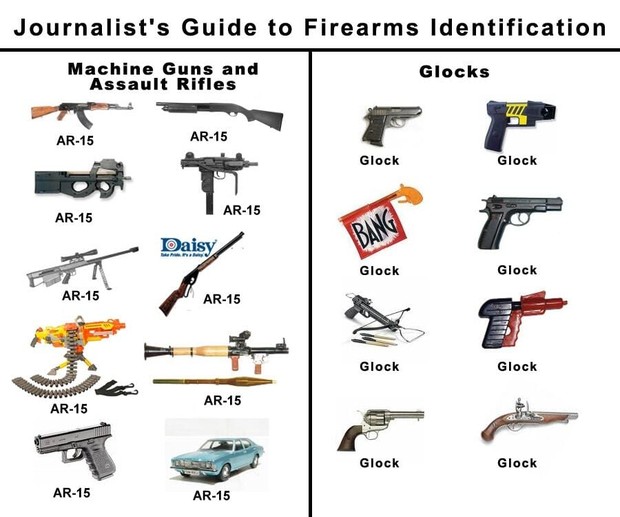
In 2016, a group of Sandy Hook victims and parents of victims filed a lawsuit against Remington for selling the XM-15. Not for selling it to Lanza, because his mother was the purchaser, but for selling it at all. Remington has claimed immunity under a 2005 law specifically designed to protect firearms manufacturers from being sued because of illegal use of the weapon. In 2016, a Connecticut judge dismissed the lawsuit finding, sensibly, that Remington was legally immune. The plaintiffs appealed to the Connecticut Supreme Court and, a little earlier today, that august body reinstated the lawsuit.
Connecticut’s Supreme Court has ruled that Remington can be sued over how it marketed the Bushmaster rifle, which was used to kill 20 children and six educators at Sandy Hook Elementary School in 2012, the AP reports.
To date, according to Wikipedia, there have been five cases where gun stores or firearms manufacturers were sued because their weapons were used in crimes. There has been one settlement (a schizophrenic woman was sold a firearm after her parents told the store that she was schizophrenic and to not sell her a gun), one win for the anti-gunners (a Wisconsin gun store was found to be knowingly selling guns to straw purchasers), and one acquittal by a jury. The most pertinent case here seems to be Ileto vs. Glock which has a similar fact pattern. A guy named Bufford Furrow wounded five people at the North Valley Jewish Community Center in Los Angeles and then killed Joseph Ileto, a postal worker.
…On May 11, 2009, the Ninth Circuit Court of Appeals affirmed the dismissal of the complaint against Glock, Inc., RSR Management Corporation and RSR Group Nevada, Inc.
The plaintiffs, who were represented by the Educational Fund to End Handgun Violence, had argued that their case should not be dismissed because it fell within the predicate exception for cases in which the manufacturer or seller knowingly violated a state or federal law applicable to the marketing or sale of firearms. Plaintiffs argued that the defendants had violated three general California statutes, relating to the standard of care in negligence cases and the definition of a public nuisance, that were applicable to the marketing or sale of firearms. The Ninth Circuit agreed with the trial court that, as used in the PLCAA, the term “applicable” was ambiguous, but concluded that statutes that codify general tort law claims do not satisfy the predicate exception because it only applies to “statutes that regulate manufacturing, importing, selling, marketing, and using firearms or that regulate the firearms industry.” The Ninth Circuit also concluded that the PLCAA is constitutional, joining all other appellate courts that have considered this issue…
What is going here is two things. First, it is law-by-feelings. The plaintiffs here sympathetic and the defendant is, from the view of many in Connecticut, a death merchant. So what’s a little law when you can make a statement? Second, this is just lawfare. The plaintiffs and the Connecticut Supreme Court are engaged in a campaign to use the patina of a legal proceeding, albeit an illegal proceeding, to try to damage or destroy Remington. The calculation is that they can bleed Remington through legal fees and, even if they lose, they could damage both the brand and the finances of the company enough to put its survival in jeopardy.
Eventually, this will make its way into federal court and be put to right but the fact that we have a state supreme court perfectly content to assist in the abuse of the law in order to curry public favor or carry out a political agenda marks just how far we’ve come from being a nation of laws.
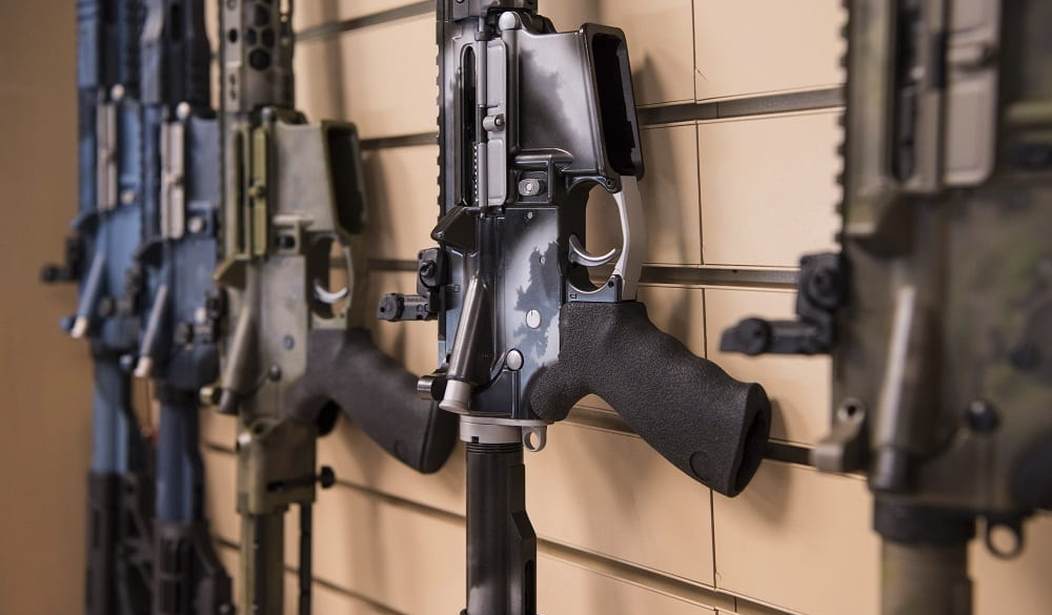

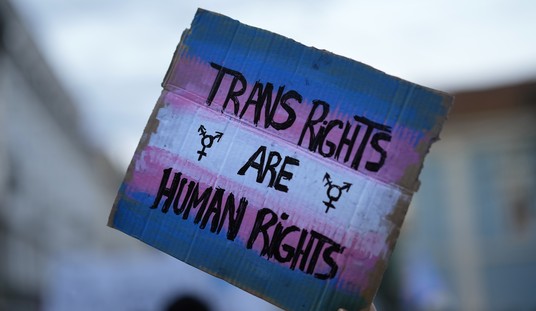




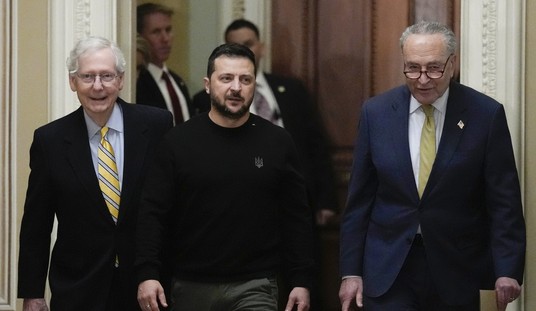


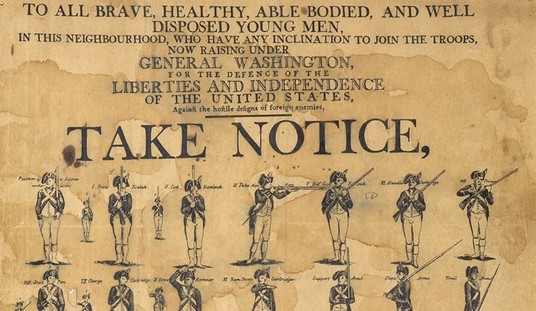


Join the conversation as a VIP Member